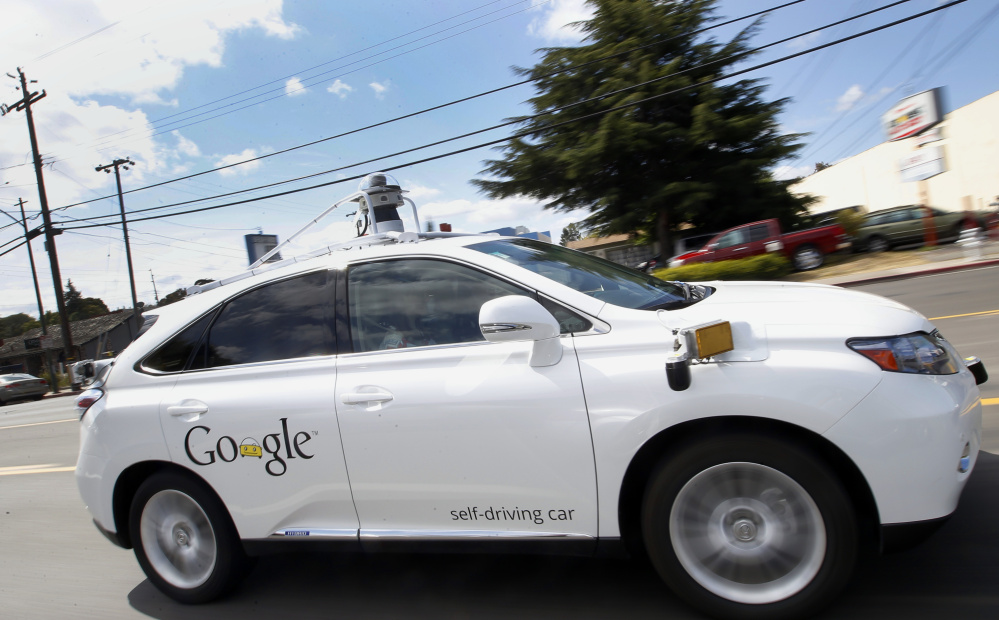AUSTIN, Texas — With Google’s self-driving cars slowed in a gridlock of California regulation, Texas is offering a new destination.
Officials in Austin have embraced the technology, a welcome so warm that the mayor used talking points written by a Google lobbyist when the tech titan began testing prototypes on their streets over the summer.
That embrace came as state transportation and safety policymakers are struggling with whether they share Google’s vision of – sooner than later – getting the public access to cars that have neither a steering wheel nor pedals.
For now, Google’s test cars have an employee in the driver’s seat, ready to grab the wheel should the onboard sensors and computers get in trouble. Four retrofitted Lexus cars and four bubble-shaped cars Google commissioned are rolling around Austin, the hub of tech innovation in Texas and the first area Google has done extended testing outside its Silicon Valley base.
Four months into Google’s test drives here, Texas transportation officials appear unsure how to oversee their safe operation. Unlike California, where regulators have been drafting regulatory rules to give the public safe access to the cars, Texas has no obvious restrictions on self-driving vehicles. And Google wants to keep it that way. The tech titan believes vehicles with just a button to start and stop, and no other way for passengers to maneuver them, would be legal without any change to Texas law.
State officials would not comment on their take, but one legal scholar said Google’s read of state law was not farfetched. “A reasonable interpretation is that an autonomous vehicle would be legal” in Texas, said Bryant Walker Smith, a law professor at the University of South Carolina.
Cars without steering wheels and pedals are not close to being commonplace. Google wants to begin introducing them through a small pilot project, hinting last year that could happen as early as 2016. More recently, Google has refused to discuss a firm timetable.
In the meantime, Texas transportation leaders are reluctant to discuss the technology publicly.
Send questions/comments to the editors.



Success. Please wait for the page to reload. If the page does not reload within 5 seconds, please refresh the page.
Enter your email and password to access comments.
Hi, to comment on stories you must . This profile is in addition to your subscription and website login.
Already have a commenting profile? .
Invalid username/password.
Please check your email to confirm and complete your registration.
Only subscribers are eligible to post comments. Please subscribe or login first for digital access. Here’s why.
Use the form below to reset your password. When you've submitted your account email, we will send an email with a reset code.